Thursday, May 9, 2024
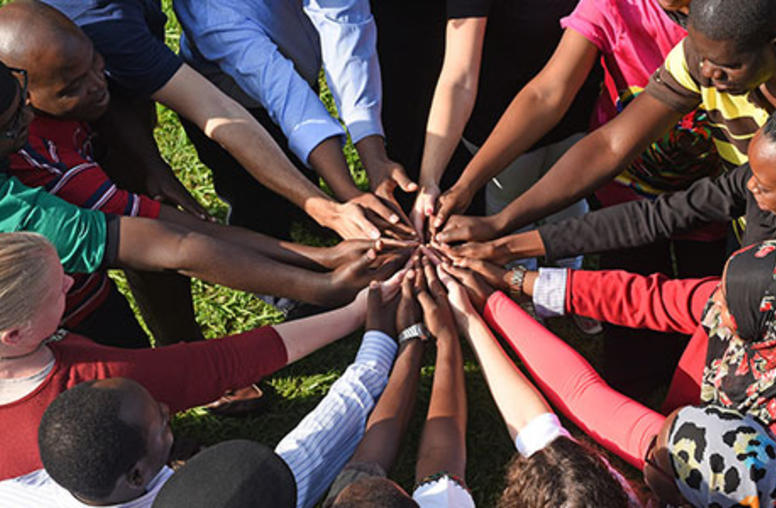
Boko Haram Drives Nigerian Activist to … Generation Change
The road to leadership for Imrana, a Nigerian activist, began on a bus in the country’s north, when Boko Haram militants came aboard and picked out passengers to haul into the bush. That was when the 23-year-old resolved he had to do something about his country’s bloodshed. Today, an organization he founded seeks to curb the violence that often surrounds Nigerian elections.
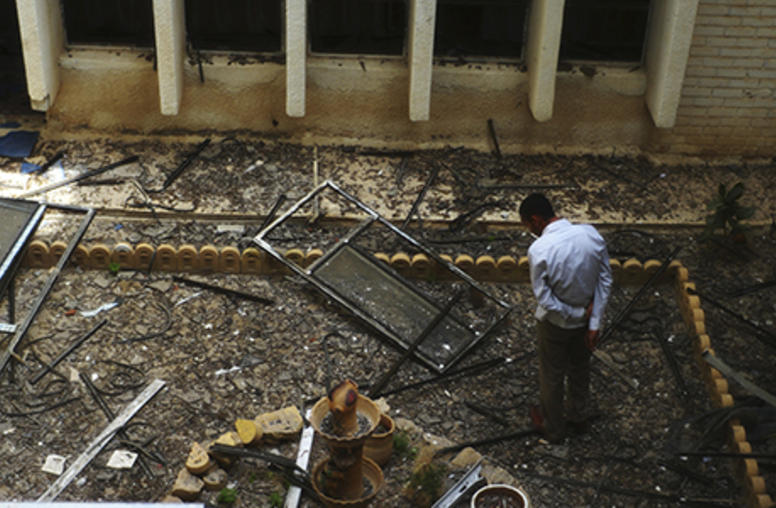
In the Shadow of a Massacre, a Peaceful Return in Iraq, Part II
(cont’d from Part I) It was December 2014. USIP and its partner organizations in Iraq had recognized a June 2014 massacre at a military base near the northern city of Tikrit as a flashpoint of tension that could accelerate into a cycle of revenge killing. Predominantly Shia tribes from Iraq’s south, where many of the victims were from, had accused Sunni tribes around the base, known as Camp Speicher, of supporting, even joining in the massacre. But careful conflict resolution might prevent a...
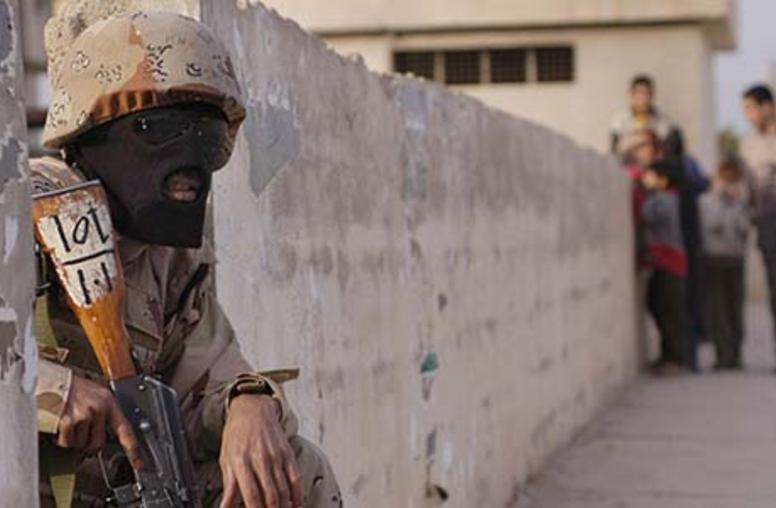
In the Shadow of a Massacre, a Peaceful Return in Iraq, Part I
In a plain-as-beige conference room at Baghdad’s Babylon Hotel, the anger flared among the 16 robed Iraqi tribal leaders. The men, after all, carried into the room the outrage and fear from one of the country’s deadliest atrocities in recent years – the execution-style slaying in June 2014 of an estimated 1,700 young Iraqi air force cadets and soldiers at a base known as Camp Speicher. The accusations flew across the conference table – that tribes in the area supported the rampage by the self...
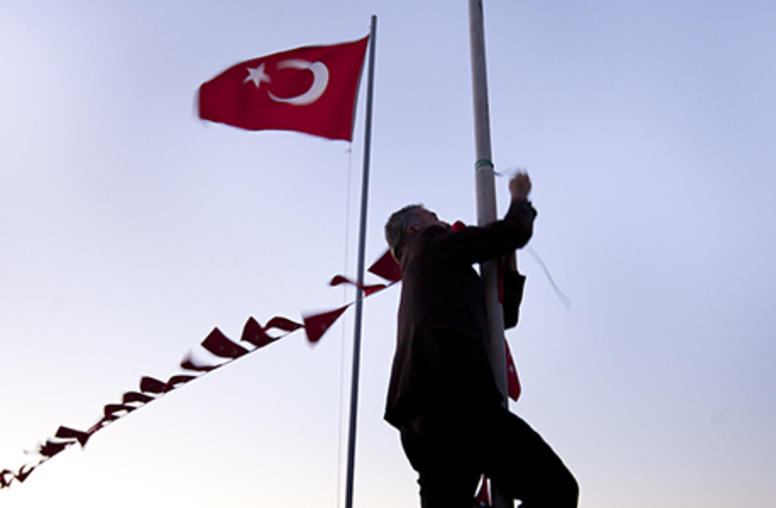
'Justice' During Conflict: A Wolf in Sheep’s Clothing?
Governments and rebels alike are readily using – and often abusing – standard justice mechanisms like trials or amnesties during conflicts, even as part of their military strategy. And because they’re using the terminology of Western-style rule of law, the international community generally has failed to carefully examine these practices for their longer-term impact. New research, supported in part by a grant from the U.S. Institute of Peace, documents the trend and explores its potentially de...
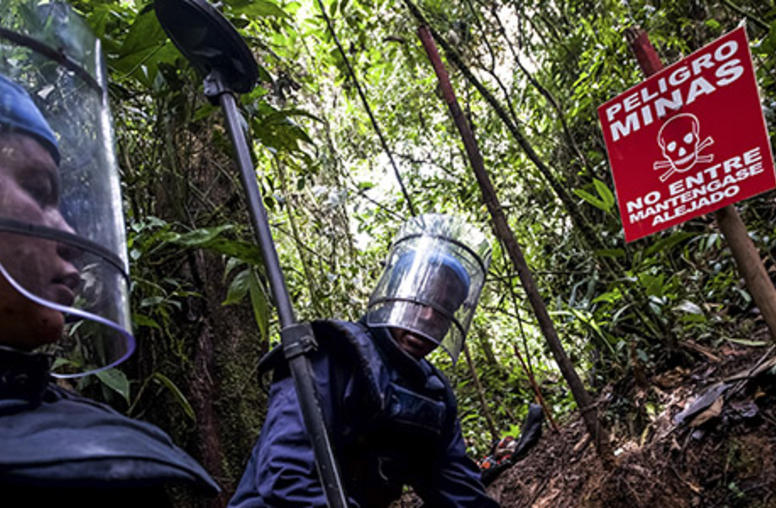
Colombia’s Peace Talks Win Reprieve as FARC Declares Ceasefire
Colombia’s government won a reprieve from growing public pressure to call off peace talks with the FARC rebel group when the guerrillas declared a unilateral ceasefire this week amid a surge in violence around the country.
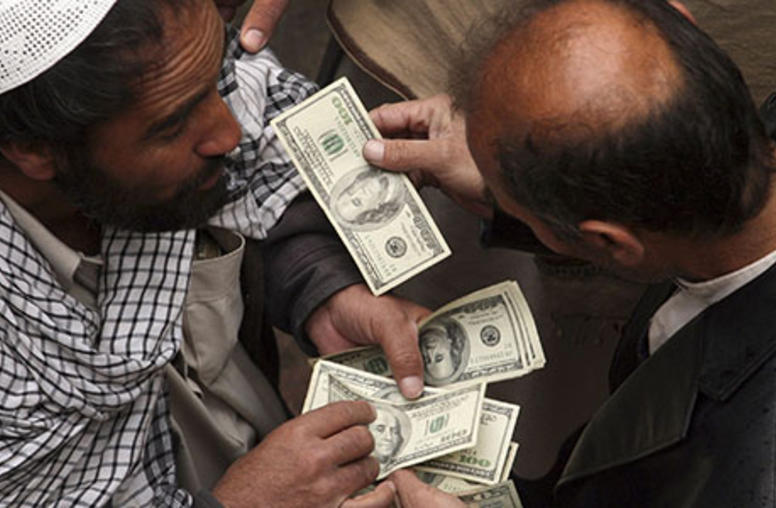
In Kabul, Political Gridlock Is 'Worse' Than Violence
Afghanistan desperately needs new investment—and a reversal of its current capital flight—to improve governance, build the economy and provide hope for a population exhausted by decades of war. While conventional wisdom holds that the best stimulus for the economy would be an end to the violence, Afghan business leaders suggest that the most urgent remedy would be to reduce administrative and political obstacles, including corruption.
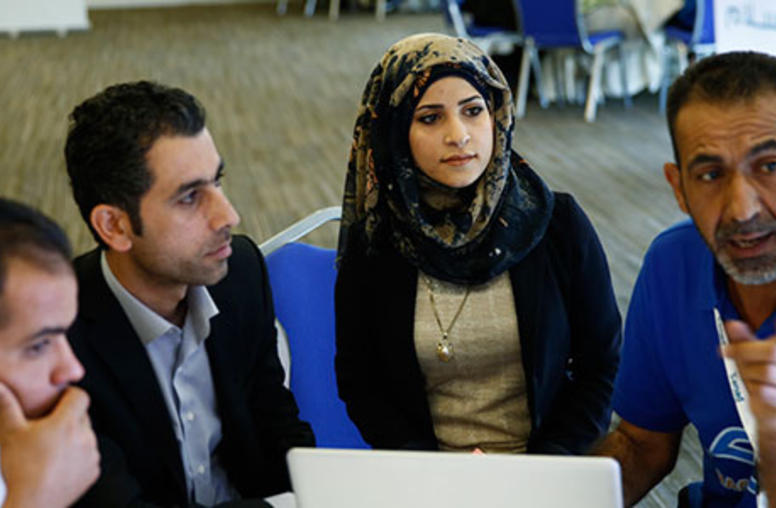
Iraqi Activists, Officials ‘SpeedGeek’ Their Way to Solutions
Even as Iraq’s Kurdish region copes with a flood of displaced Iraqis fleeing the “Islamic State” extremist group, some Kurds continue to pursue a long-planned constitution of their own. How these two very different challenges are met will help define the future of the semi-autonomous area. PeaceTech Lab is equipping civic groups and authorities with the tech savvy they need to fortify both kinds of campaigns.
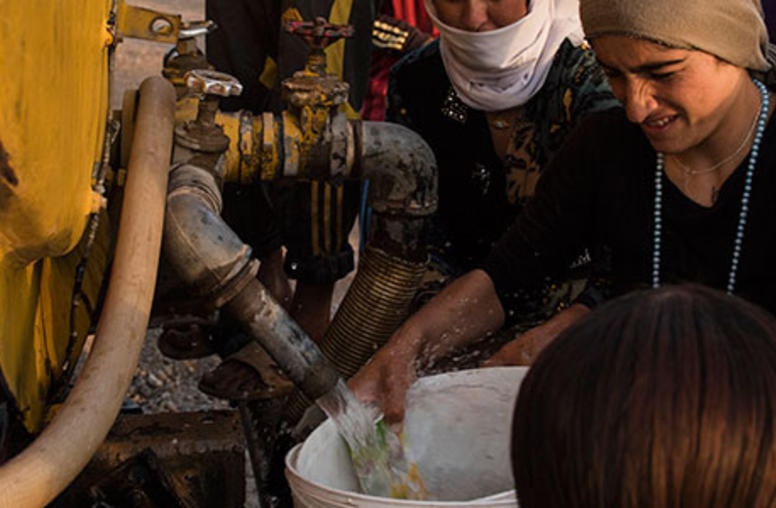
Iraqis Displaced by War: Rebuilding Trust for Reconciliation
More than 3 million Iraqis have been forced from their homes in the sweep of the “Islamic State” extremist movement across northern Iraq in the past 18 months. As the group systematically targets other Muslims and minority religions, the massive displacement creates not only a humanitarian disaster but also the prospect that Iraqis may never be able to reconcile and rebuild. The Baghdad Women’s Association (BWA), with a USIP grant, is working with Iraqis in the capital who fled Nineveh Provin...
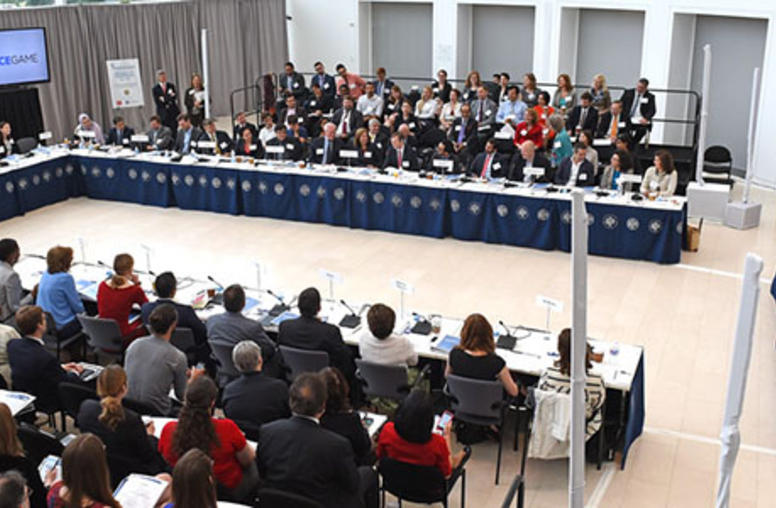
PeaceGame Tests Complexities of Reducing Extremist Violence
Four countries of the Middle East and North Africa have seen their state structures crumble. Another is clawing its way through a transition and appealing for support. And thousands of young fighters from near and far are flooding the region to take up arms. Experts probed the intricacies of these currents this week by playing roles and then analyzing the results, in a search for effective ways of countering violent extremism.
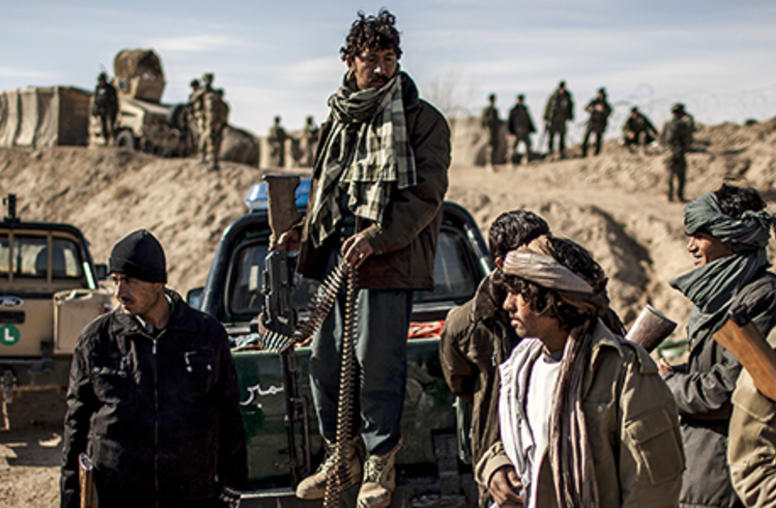
Afghanistan’s Renewed Reliance on Militias Is Risky Gambit, USIP Reports Show
The Afghan government is responding to an intense Taliban summer offensive in part by providing increasing support to armed militia groups, according to news reports over the past week. But USIP research, including a recent report that examines shifting efforts to disarm and rearm militias, shows that turning to local weapons-toting powerbrokers to shore up the state more often worsens instability.
